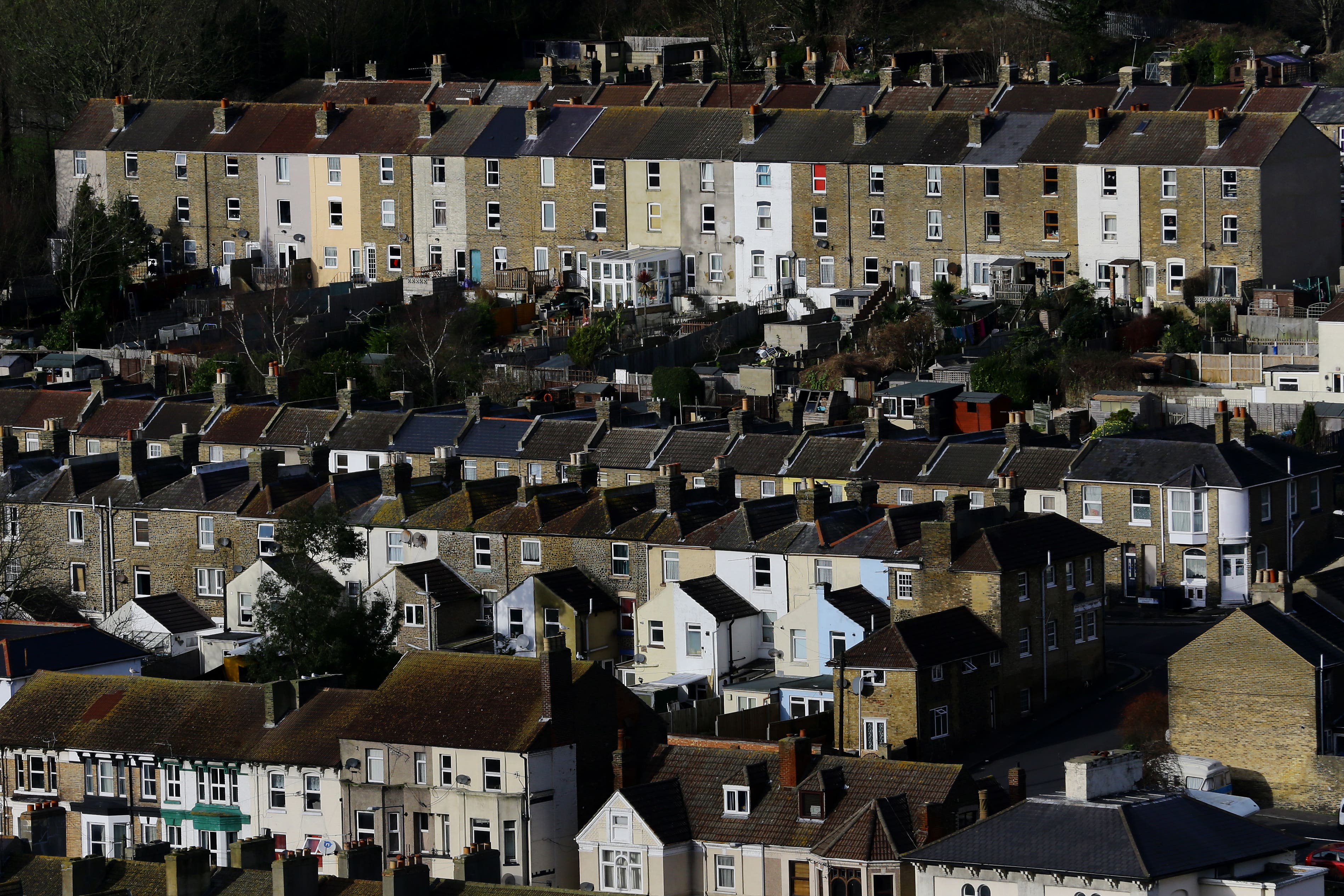House prices are set to fall. Good news for buyers? They could surely use some
The short-term benefit looks set to get eaten up by higher interest rates, says James Moore. But there should be some longer-term relief, too


This was going to be another grim column about the housing market, with mortgage approvals plummeting and warnings of a coming crash. Doom, gloom and general despair. You know the drill.
I was half – no, three-quarters of the way through writing that when I decided to take the wheelchair out into one of those grey and grimy days that Britain specialises in. That is when I thought, nah. Let’s do something different.
Let’s reflect on the fact that a 10 per cent, or whatever it ends up as, fall in prices is good news for some, potentially. By that I mean mostly young – well young-ish – people struggling to get onto a housing ladder that has rarely been so slippery and treacherous.
It mightn’t look that way as things stand.
The Bank of England is expected to hike base rates a couple more times, so even though mortgage rates have come down since the Tory party went bonkers and tried to tear down the economy (with some success), that will push them back up.
There’s also inflation to worry about. The fact is that most people’s wages aren’t rising by enough to keep up, and there is the likelihood of what economists and bankers refer to as a “tighter labour market” in the offing. In other words, unemployment is set to rise. This will all make buying a home a challenge.
It also helps to explain the Bank of England reporting that the number of mortgage approvals for purchase fell to 59,000 in October, down from 66,000 in September and well below the six-month average (also around 66,000). It actually hasn’t been so low since 2020, when the pandemic was keeping people indoors.
The regular Reuters poll of economists’ forecasts came out at 60,200, so they underestimated how bad it was going to get. Economists are supposed to be pessimistic as a bunch, but lately it does rather seem as though they are underestimating the scale of the economic mess the UK has got itself into.
To the good news. How could this set of circumstances, in theory, work for today’s buyers?
Let’s say the City is right, and base rates top out at 4.5 per cent, or perhaps less, and then start to fall (assuming inflation also starts to fall). The Bank’s rate-setting Monetary Policy Committee may then decide that it has room to give the sputtering economy a bit of a boost. Which the committee would clearly like to be able to do.
Your first mortgage may look horrid, in terms of the repayments. But when you remortgage at the end of a short-term fixed mortgage, or ride rates down with a base-rate tracker, things could suddenly start to look quite a bit better. Especially when compared with renting.
Of course, waiting for the market to hit the Goldilocks zone – where you’re best positioned to take advantage of a fall in house prices as well as falling interest rates – is a bit of a mug’s game.
The fact is, if the market cools off enough for you to be able to make a move in five or six months’ time, and you can find a property (which may start to get harder, given that sellers tend to try to wait it out in the event that the market is falling), you should jump. It could still work out for you. And you will be paying into the purchase of an asset rather than making someone’s retirement more comfortable.
I get it. I’m clutching at straws a bit here.
Still, if it does end up briefly getting a little easier for Generation Rent to escape the rental trap, that would be a welcome development. Britain has spent years throwing its younger people under the bus. It’s time something broke their fall for a change, even if it isn’t likely to stay that way for all that long.






Join our commenting forum
Join thought-provoking conversations, follow other Independent readers and see their replies
0Comments